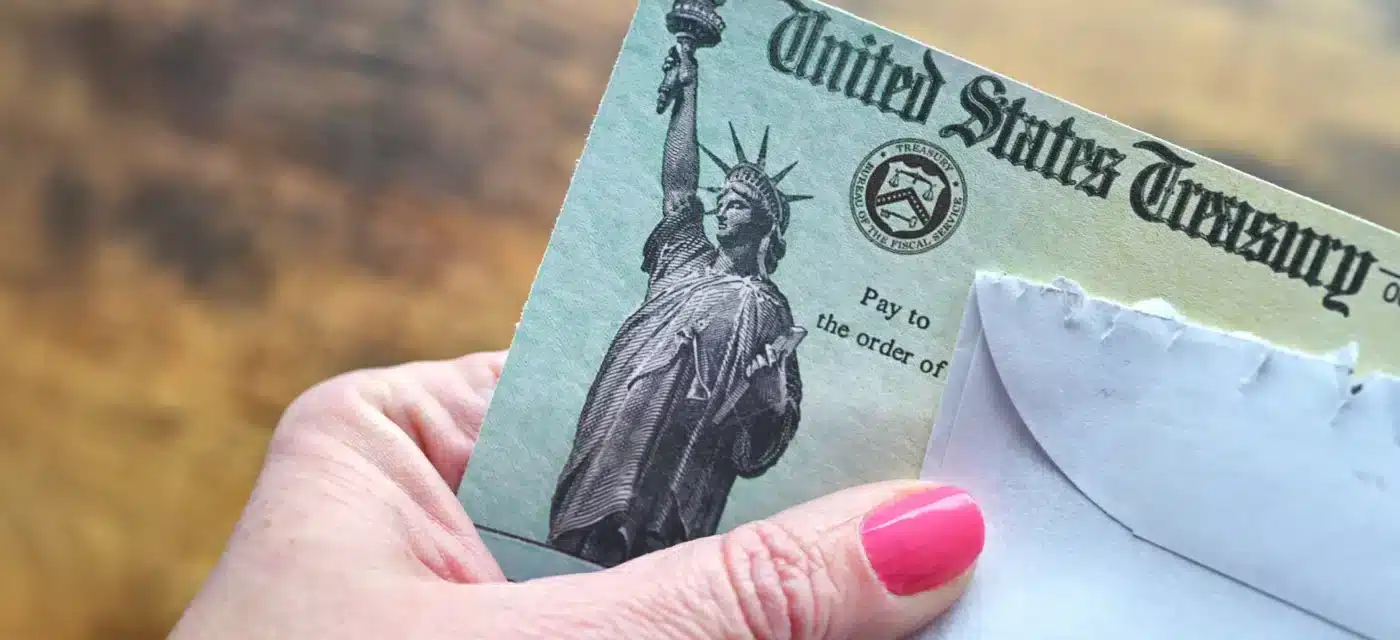Your Guide To Insurance: Protecting Your Vehicle
Accidents can happen on the road no matter how safe you drive. Learn about the different types of auto insurance to make sure you’re covered.

One of the best ways to protect yourself on the road is with car insurance. With different types of insurance available, we’re here to help guide you through what each one is and how it works.
Why You Need It
In the state of Texas, it’s required for drivers to show proof they can pay for any accidents they may cause. Texas law requires you to have at least $30,000 of coverage for injuries per person, up to a total of $60,000 of coverage for injuries per accident, and $25,000 of coverage for property damage.
When you drive without car insurance, you’re risking fines, jail time, a suspended license or registration – plus paying for repairs and medical bills if you’re in an accident.
Types of Insurance
There’s a lot to know when it comes to types of insurance coverage and what each does. The basic coverage options are – liability, comprehensive, and collision coverage.
Liability Coverage
If you get in an accident that’s your fault, liability insurance covers the other driver’s medical or auto-repair bills. Most states have a minimum of how much liability coverage you need, but keep in mind that the minimum might not be enough to fully cover the cost of the accident. If you don’t have enough coverage to pay for the damages or injuries, you’ll be responsible to pay the rest out of pocket.
When looking at auto insurance coverage limits, the numbers will be broken down into a ratio. For example, Texas requires minimum liability insurance limits of 30/60/25. Here’s how that breaks down:
- $30,000 of coverage for bodily injury (per person)
- $60,000 of coverage for bodily injury (per accident)
- $25,000 of coverage for property damage (per accident)
It’s recommended that you get enough liability insurance to cover your net worth.
Comprehensive Coverage
What about accidents that happen off the road? Comprehensive insurance has you covered when it comes to theft or damage due to fire, storms, natural disasters, or even a tree branch falling on your car. This is a fairly inexpensive coverage that can save you a lot of money when something happens out of your control.
Collision Coverage
Accidents happen, and your driving (or anyone else’s) won’t always be perfect. Whether it’s your fault or not, collision insurance pays to repair or replace your car if you’re in an accident with another vehicle or object.
This is different from liability insurance since liability will only cover the other driver if you’re at fault. Without collision coverage, you’ll be responsible to pay out of pocket to repair or replace your own car.
Deductible
Having car insurance doesn’t mean you won’t spend any money up front for repairs. A deductible is the portion of the damages you’ll have to pay before your coverage begins.
For example, if you have a $500 deductible and the cost to repair your car is $2,000, you’ll pay $500 out of pocket and your insurance will pay the remaining $1,500.
On the other hand, if you have a $1,000 deductible and the cost to repair your car is $750, you’ll pay the total $750 out of pocket for the repair. Typically, the higher your deductible, the lower your monthly insurance payment is.
Guaranteed Auto Protection (GAP)
When you buy or lease a new vehicle, it starts to depreciate in value the moment it leaves the car lot. In fact, most cars lose 20% of their value within a year. Your basic auto insurance only covers the depreciated value of a car at the time of a claim.
This optional car insurance is available to help pay off your auto loan if your car is totaled or stolen and you owe more than the car’s depreciated value. GAP insurance would fill in the “gap” by covering the remainder of what you still owe on your loan.
This only covers the basic coverage of auto insurance. Be sure to talk with an independent insurance agent to ask questions, discuss what coverage is best for you, and what additional coverage you may need.
Related Articles
How Soon Can I Refinance My Car Loan In Texas?

Refinancing your car loan can help you save, but timing matters – especially in Texas. Learn how soon you can refinance, what to consider, and how to decide if it’s the right move.
Paper Checks Eliminated – Why Government Check Recipients Need To Act Now

The federal government will soon eliminate paper checks for most federal payments. If you’re impacted, act now for a seamless transition.
4 Financial Steps To Take After A Natural Disaster

As your credit union, we’re always here to help if you need assistance. Here are four financial steps to take after a natural disaster.
